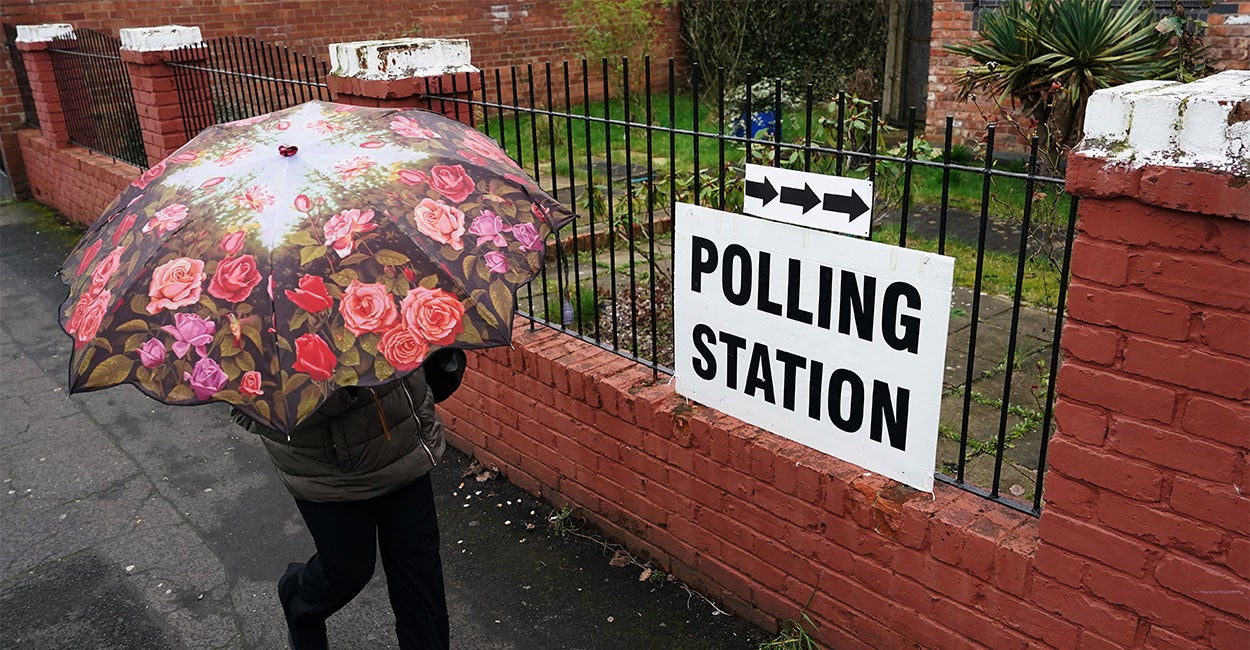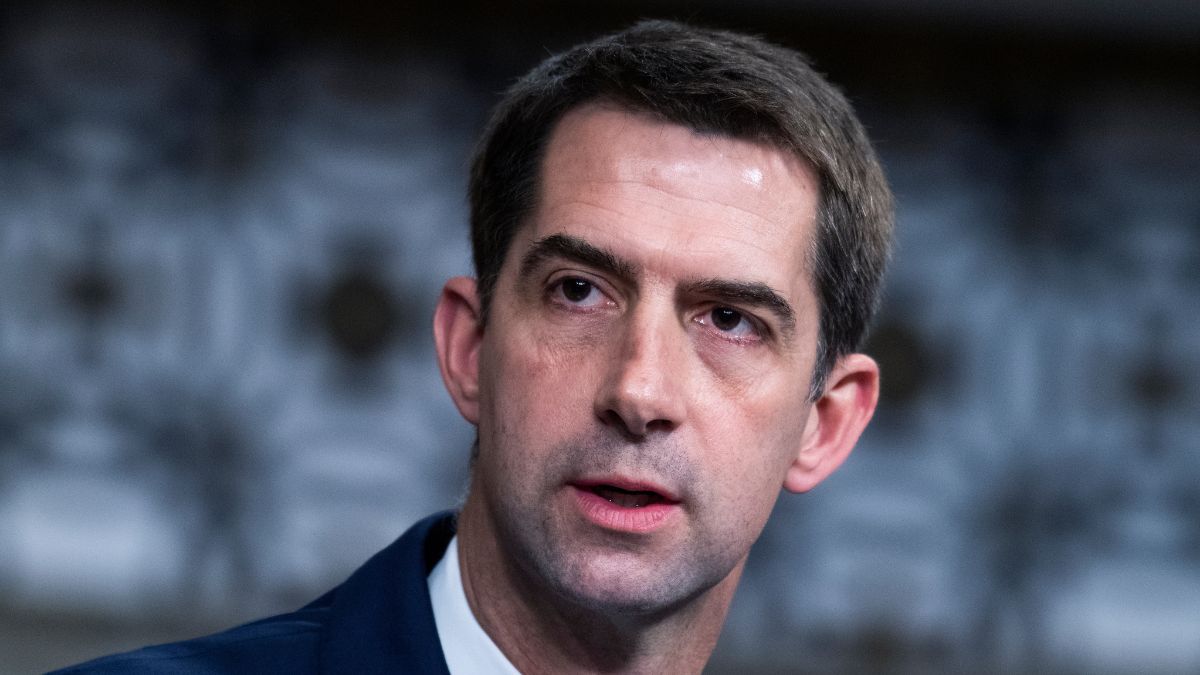Trump Is Ensuring That Higher Education Can’t Use Stealth Racial Preferences

The Trump administration continues to have success pushing racial discrimination in the name of “diversity” out of higher education.
Live Your Best Retirement
Fun • Funds • Fitness • Freedom
Earlier in September, College Board quietly dropped its so-called “Landscape” program that provided demographic information to colleges and universities to use when considering applicants.
College Board is the organization that administers the SAT and ACT tests for prospective college students and manages the Advanced Placement tests.
“As federal and state policy continues to evolve around how institutions use demographic and geographic information in admissions, we are making a change to ensure our work continues to effectively serve students and institutions,” College Board announced on Sept 2. “Landscape will be discontinued. We will continue to provide colleges and universities with data on SAT and AP performance, and we remain committed to supporting educational opportunity and meeting the needs of institutions and students alike.”
In August, President Donald Trump signed a memorandum directing the Department of Education “to expand the scope of required reporting for institutions’ admissions data in order to provide adequate transparency as determined by the Secretary of Education.”
The memorandum noted that while the Supreme Court has ruled that considering race is illegal in college admissions, “the lack of available admissions data from universities—paired with the rampant use of ‘diversity statements’ and other overt and hidden racial proxies—continues to raise concerns about whether race is actually used in admissions decisions in practice.”
This clearly put higher education and the organizations they work with on notice.
College Board created Landscape shortly after it dropped its “Adversity Score” on the SAT. As many noted at the time, the Adversity Score was one of many potential ways schools could filter students by race without explicitly doing so.
Naomi Schaefer Riley, writing for Commentary Magazine, explained how the Landscape tool could also be used by schools to reach desired racial outcomes without directly acknowledging that’s what they are doing.
Riley noted that the Landscape “tool” did not create any kind of numerical score to provide schools. Instead, it gave “college admissions officers access to the kind of information that would have been used to create the adversity score.” The information the Landscape tool provided to colleges was not available to the public.
“The fact that the public has deliberately been denied access to information collected and disseminated about a student applying to a college—even if that student is somehow ‘de-identified’—raises profound concerns about exactly what kind of information is being collected and how it is being used,” Riley wrote just before Landscape was disbanded.
Some argued that Landscape merely provided information that allowed schools to select students of disadvantaged backgrounds regardless of race. But Riley explained how seemingly race-neutral data could be used to track race based on trends unique to certain groups. She pointed to categories like “housing stability.”
“If you find a census tract where income is low and a high percentage of people are renting, you are also more likely to be looking at an application from a black student,” Riley wrote. “To put it simply, the white student from West Virginia may be living in a trailer park, but his parents probably own the trailer, and they might have stayed in the same trailer for a long period of time.”
Given higher education’s relentless and ideological commitment to racial diversity even by process of outright discrimination and even against the desire of most Americans, it’s hard not to conclude that Landscape could have been used for that purpose.
So, the abandonment of this tool is a significant victory, especially for those concerned that schools would find a way to work around the Supreme Court ruling.
While College Board is likely changing its policy due to the threat of lawsuit by the Trump administration, the organization’s politics have clearly veered leftward for some time. College Board has been accused of injecting critical race theory into Advanced Placement exams.
The reason that higher ed is so leftwing in America isn’t just because there are so many radical professors. Its collective politics are driven by self-reinforcing systems whereby far-left professors and campus activists are bolstered by a campus bureaucracy that ultimately supports them.
Gatekeeping organizations like College Board can ensure that students are already partially pre-screened by ideology and race. Given that colleges and universities have been virtually handed a blank check by the federal government. They’ve had no incentive to change.
Until now.
The Trump administration and many red states are now withdrawing financial support and enforcing civil rights laws against universities to ensure that they can no longer racially discriminate. The administration is using the Justice and Education Departments to protect the right of Americans not to face racial discrimination by woke institutions. And there is even an alternative to College Board’s standardized tests, the so-called Classical Learning Test. The old rules don’t apply. We no longer need to accept the misguided policies and decisions of corrupted institutions. The counterrevolution continues.
The post Trump Is Ensuring That Higher Education Can’t Use Stealth Racial Preferences appeared first on The Daily Signal.
Originally Published at Daily Wire, Daily Signal, or The Blaze
What's Your Reaction?
 Like
0
Like
0
 Dislike
0
Dislike
0
 Love
0
Love
0
 Funny
0
Funny
0
 Angry
0
Angry
0
 Sad
0
Sad
0
 Wow
0
Wow
0














































































